Introduction
The transition from school to Pre-University (PU) education is a significant phase in a student’s life. For many, enrolling in a residential PU program marks the first time they live away from home. This shift presents an invaluable opportunity to develop independence, adaptability, and real-world life skills that are essential for adulthood.
At Deeksha Vedantu, our residential PU programs are designed to support students holistically—academically, emotionally, and socially. Beyond academic excellence, our goal is to help students emerge as confident, capable individuals ready to face life’s challenges. This blog delves into the many ways residential PU life nurtures independence and essential life skills and prepares students to thrive beyond the classroom.
The Need for Life Skills in Today’s World
In today’s rapidly evolving world, academic knowledge alone isn’t enough. Students must also possess life skills that help them make decisions, solve problems, manage emotions, and interact effectively. These skills are vital for navigating adulthood and becoming responsible citizens.
Key Life Skills for PU Students:
- Time management
- Self-discipline
- Emotional intelligence
- Communication and collaboration
- Problem-solving and decision-making
- Financial literacy
- Adaptability and resilience
- Self-care and wellness
- Leadership and teamwork
Residential PU programs create the right environment for these skills to flourish naturally, fostering personal transformation and preparing students to handle real-life challenges with confidence.
Living Away from Home: The Path to Self-Reliance
One of the most profound aspects of residential life is learning to manage oneself without constant parental oversight. For many students, this is their first time away from the comfort of home, where daily tasks are typically managed by family members.
Life Lessons from Hostel Living:
- Managing daily routines (waking up, meals, hygiene)
- Organizing personal belongings and maintaining cleanliness
- Handling laundry, cleaning, and basic self-care
- Seeking help when needed and offering support to peers
- Understanding the importance of health, diet, and rest
These experiences teach students responsibility and resourcefulness. When faced with everyday situations—whether it’s doing their own laundry or managing a sick day—students learn to make decisions independently. These skills are not only empowering but also essential for future university or work life.
Commerce PU courses at Deeksha Vedantu
Time Management and Discipline
Time is one of the most valuable resources in a student’s life. Residential PU programs teach students how to optimize their time for maximum productivity while still maintaining balance.
Skills Developed:
- Creating and adhering to daily schedules
- Prioritizing study, rest, and recreation
- Following academic timetables and deadlines without reminders
- Managing multiple responsibilities (assignments, tests, revision)
- Learning to avoid procrastination and stay focused
Students often begin to appreciate the discipline involved in adhering to routines and completing tasks on time. At Deeksha Vedantu, structured timetables and faculty support help students build these essential habits.
Emotional Intelligence and Social Skills
Hostel life places students in a shared environment with peers from diverse backgrounds. This diversity encourages students to develop emotional intelligence, empathy, and patience—qualities critical for both personal and professional relationships.
Emotional Growth in Hostels:
- Living with roommates and sharing space respectfully
- Resolving misunderstandings calmly and constructively
- Supporting friends emotionally and building deep friendships
- Learning to express emotions and set boundaries
Such experiences enhance students’ ability to handle conflict, offer support, and understand others’ perspectives—skills that are invaluable in any collaborative environment.
Communication and Leadership
Strong communication is essential for leadership and collaboration. Residential programs provide numerous opportunities to enhance these abilities through formal and informal settings.
Opportunities to Develop Communication:
- Participating in class debates, group discussions, and presentations
- Expressing needs or concerns to peers and hostel authorities
- Leading campus clubs, hostel events, or student councils
- Writing applications, reports, and formal emails independently
Students gain confidence to articulate ideas, negotiate differences, and lead initiatives—traits that help them stand out in any professional or academic setting.
Science PU programs offered by Deeksha Vedantu
Decision-Making and Problem Solving
Living independently requires students to make daily decisions, ranging from how to allocate their time to how to deal with interpersonal challenges. These small but frequent choices develop decision-making and problem-solving skills.
Examples of Decision-Making in Hostel Life:
- Choosing how to manage revision time before exams
- Deciding when to socialize and when to focus on studies
- Handling conflicts with roommates diplomatically
- Taking action during emergencies (e.g., illness, safety concerns)
Each decision contributes to a student’s ability to think critically and independently—key competencies for future leadership.
Financial Literacy and Budgeting
Managing finances is a crucial life skill. In residential PU programs, students often handle their own pocket money for the first time, learning valuable lessons in financial responsibility.
Skills Gained:
- Planning monthly expenses within a set allowance
- Avoiding impulsive or unnecessary purchases
- Tracking personal spending and learning to save
- Understanding the value of money and differentiating needs from wants
These early financial habits help lay the groundwork for responsible money management throughout life. Deeksha Vedantu encourages students to be financially mindful while offering guidance when required.
Leadership Through Campus Involvement
Residential campuses present opportunities for students to take on leadership roles, organize events, and represent their peers.
Benefits of Leadership Opportunities:
- Builds self-confidence and public speaking ability
- Teaches team coordination and planning skills
- Encourages accountability and decision-making
- Develops a sense of responsibility and service
Whether leading a quiz club, managing cultural events, or mentoring juniors, students learn to inspire and motivate others, preparing them for roles in college societies or future workplaces.
Table: Life Skills Acquired in Residential PU Programs
| Skill Area | Examples in Residential Life |
| Self-Discipline | Following schedules, sticking to study routines |
| Communication | Speaking in groups, resolving conflicts |
| Emotional Resilience | Adapting to homesickness, peer pressure |
| Financial Awareness | Managing allowances, making informed purchases |
| Time Management | Planning studies, balancing activities |
| Leadership | Organizing events, mentoring peers |
| Problem Solving | Handling conflicts, making independent decisions |
| Collaboration | Participating in group studies and campus initiatives |
Support Systems in Residential PU Programs
While independence is encouraged, support is never far away. Residential PU programs like those at Deeksha Vedantu offer a carefully structured support ecosystem.
Support Offered at Deeksha Vedantu:
- Mentorship from experienced faculty and warden support
- Regular academic assessments and feedback
- Availability of trained counselors for emotional support
- Scheduled calls and reporting to parents for transparency
- Access to medical care, wellness activities, and safe infrastructure
This balanced approach allows students to explore independence while knowing they’re supported at every step.
Real-Life Readiness: Preparing for the Future
The habits and mindsets developed in residential PU colleges prepare students not only for competitive exams but also for life in universities, internships, and professional settings.
Long-Term Benefits:
- Greater readiness for independent college living
- Superior time management and personal organization
- Ability to navigate challenges with maturity
- Strong interpersonal and leadership skills
- Emotional resilience during high-pressure situations
Graduates of residential PU programs often enter higher education with an edge—not just academically, but in life-readiness.
FAQs
How does hostel life improve independence?
Students manage their daily lives, take responsibility, and make personal decisions—all of which build self-reliance.
What support is available for students feeling homesick?
Deeksha Vedantu offers counseling, peer mentoring, and regular check-ins to help students adjust emotionally.
Are leadership opportunities available in residential PU programs?
Yes. Students can lead study groups, organize events, and represent peers in various campus activities.
Can residential programs impact academics positively?
Absolutely. With fewer distractions, structured routines, and peer learning, residential students often excel academically.
How do students learn budgeting?
By managing pocket money and daily expenses, students naturally understand saving, spending, and prioritization.
Is a residential program suitable for shy or introverted students?
Yes. In fact, such environments often help introverted students come out of their shell at their own pace, gaining confidence in the process.
What role do parents play in residential PU life?
Parents are kept in the loop through regular updates and communication, ensuring transparency while allowing students to grow independently.
Conclusion
Residential PU programs offer more than academics—they provide a safe, structured space where students develop the life skills necessary for long-term success. From building routines and managing responsibilities to developing empathy and leadership, students evolve into capable and confident young adults ready for higher education and beyond.
At Deeksha Vedantu, we nurture this transformation through comprehensive support, community engagement, and a balanced approach to academics and personal growth. By the end of the PU journey, students are not only well-prepared for exams but also for life.
Table of Contents





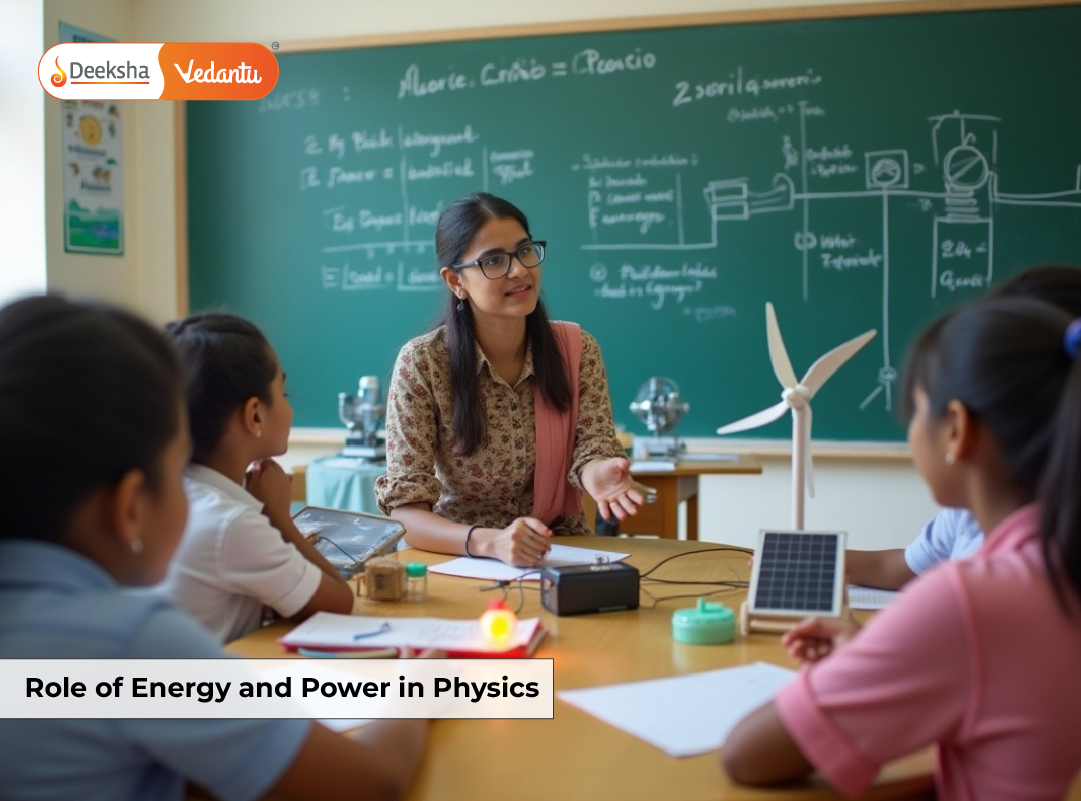


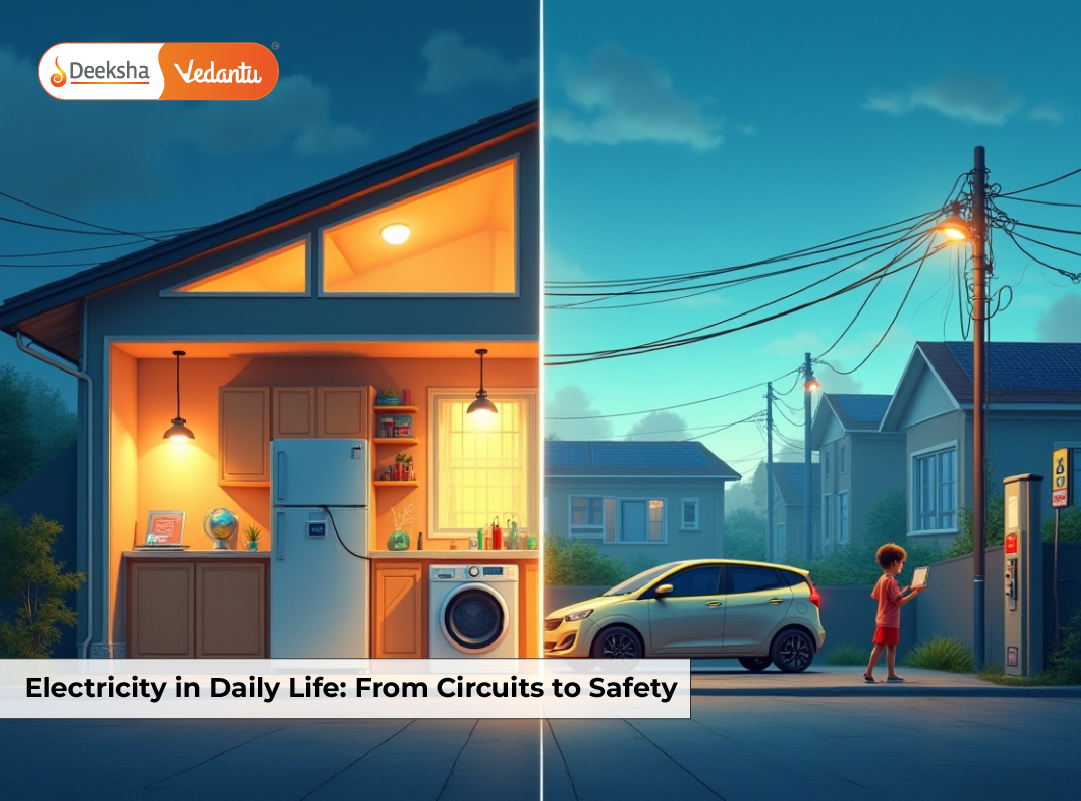
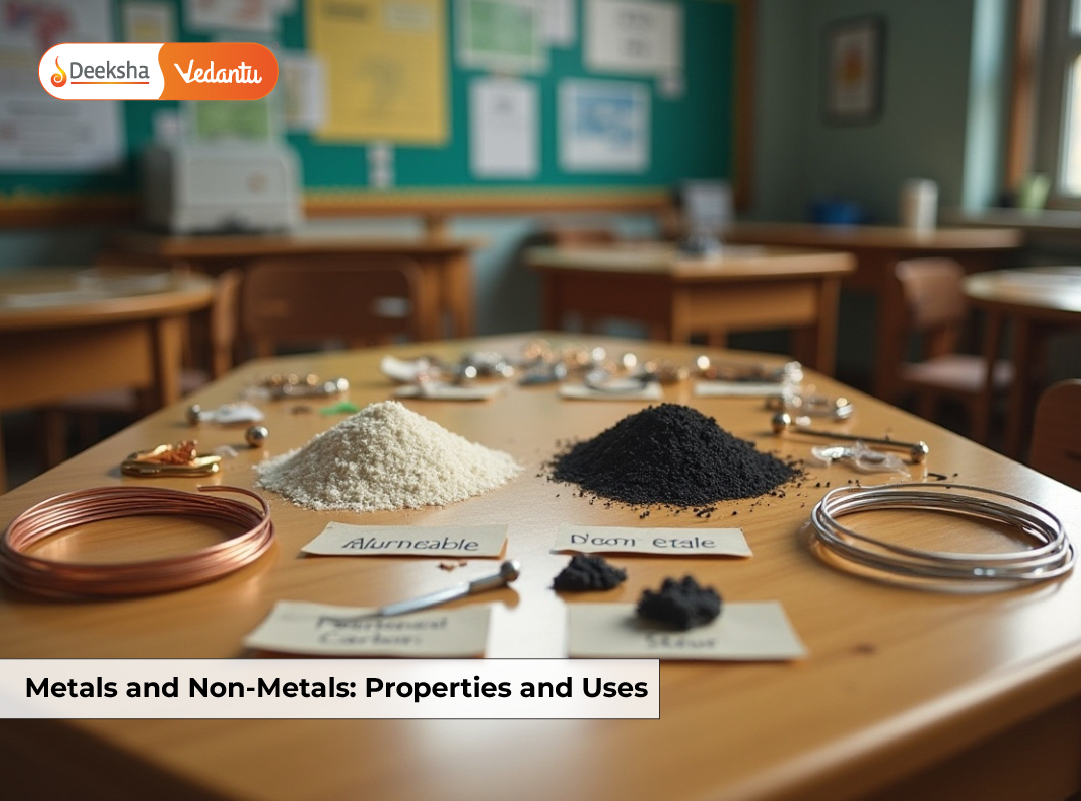
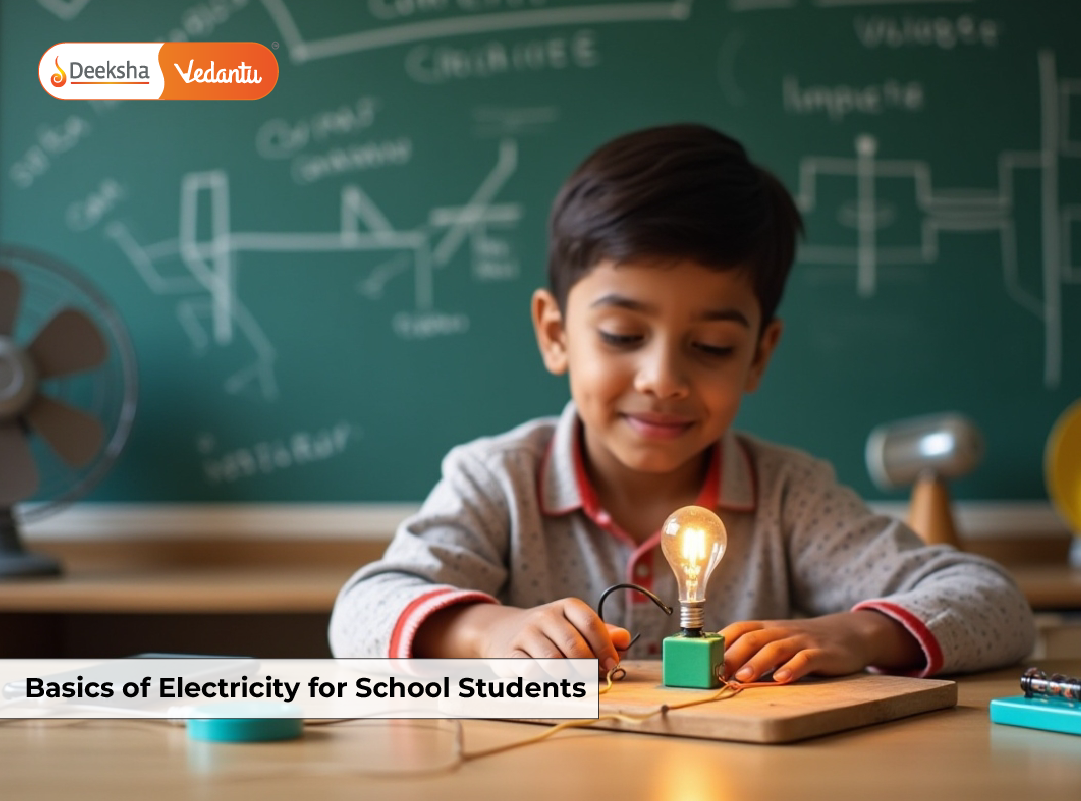
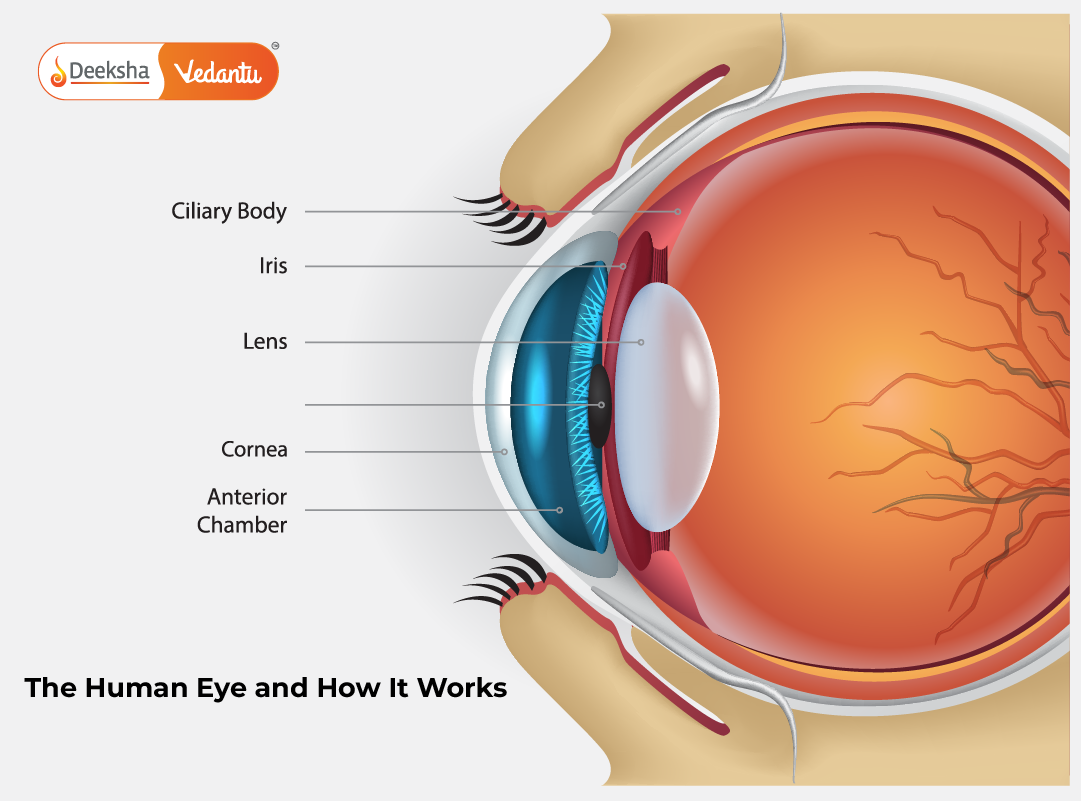



Get Social